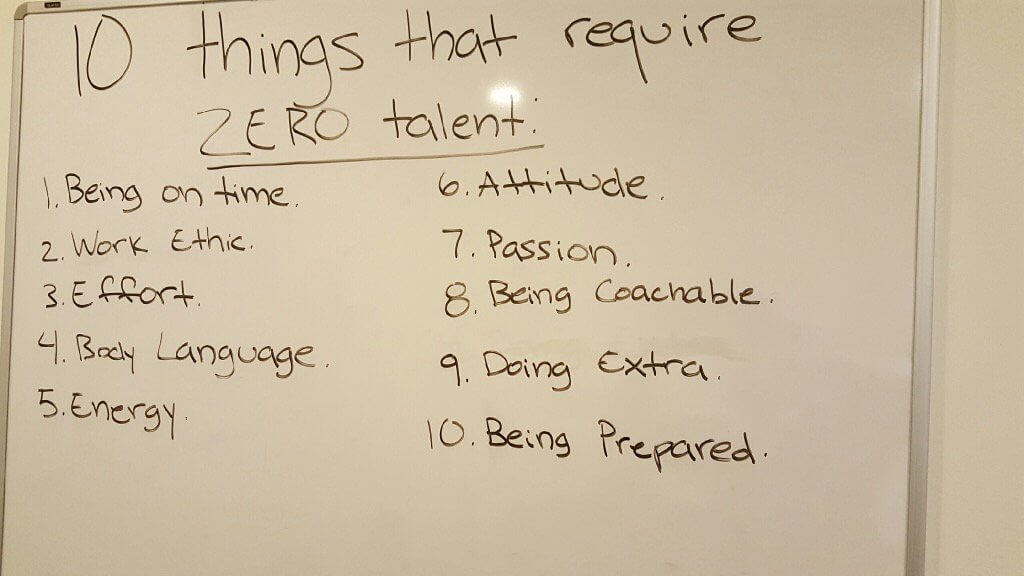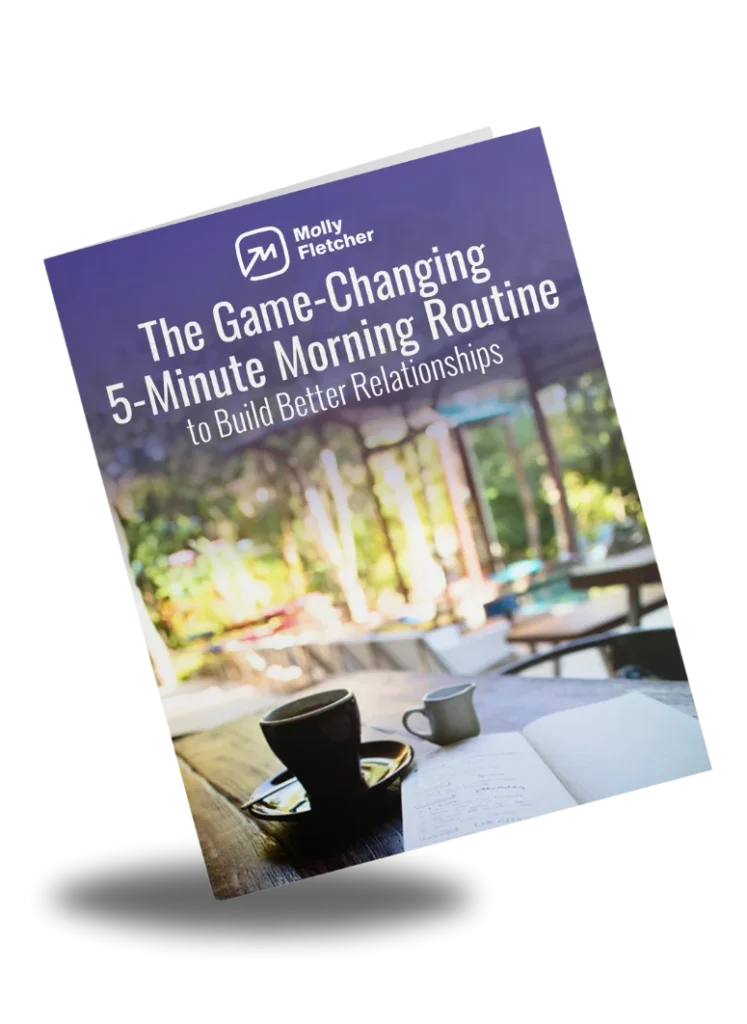 Two weeks ago, I stood in front of an audience of women in California and spoke to them on the importance of negotiation. I opened with why this was a dialogue that we—a room full of executive women—needed to have and couldn’t afford to shy away from. If we want more women in leadership positions, I challenged them, we must be willing to have open, honest dialogue about negotiation in order to shift the expectations and norms within our workforce.
Two weeks ago, I stood in front of an audience of women in California and spoke to them on the importance of negotiation. I opened with why this was a dialogue that we—a room full of executive women—needed to have and couldn’t afford to shy away from. If we want more women in leadership positions, I challenged them, we must be willing to have open, honest dialogue about negotiation in order to shift the expectations and norms within our workforce.
That same day, Microsoft CEO Satya Nadella also spoke to a room full of women as the first male keynote speaker at the Grace Hopper Celebration of Women in Computing. Asked by an audience member for similar advice, Nadella advised women not to ask for a raise, but trust “faith” and “karma” to reward them.
Like most people, I cringed when I read his comments as they reinforced a sometimes unvoiced but deeply pervasive viewpoint that women shouldn’t ask for what they believe they deserve. After all, we have karma for that, and a system that pays women about 20 percent less than their male counterparts. While Nadella has since apologized and promised to take action, the dialogue sparked by his comments continues.
It is unfortunate in today’s world where women’s education levels and career achievements are higher than ever that it took such tone-deaf comments to remind us of the importance of this conversation, but I am glad the dialogue is taking place. One of my main motivations for writing my most recent book, A Winner’s Guide to Negotiating: How Conversation Gets Deals Done, was to inspire women to be able to ask with confidence. Hearing Nadella’s comments was a further reminder of how far we have come but also how much further we have to go.
We know the facts. Women are less likely to negotiate than their male counterparts and feel more anxiety about negotiating. Women risk how they are both perceived and treated when they do ask for a pay raise, a social cost of negotiating that is statistically significant for women but not for men. We know the gender pay gap means women earn 77% of what their male counterparts do, and that women are underrepresented in leadership positions.
Your Game Changer Takeaway
The issues are clear; the solutions more complex. In order to create meaningful change, it will take not just personal responsibility but a deep examination of our workforce policies. This conversation after all, isn’t just a women’s issue. By having widespread dialogue about these issues, we can broaden perspectives and inspire the action and accountability needed to create change. This dialogue—having transparent conversations that challenge our underlying assumptions and involve both men and women– is at least a starting place.
The Molly Fletcher Company inspires leaders, teams and organizations to kick-start growth. A keynote speaker and author, Molly draws on her decades of experiences working as a sports agent. Her company’s Game Changer Negotiation Training workshops teach businesspeople the framework for successful negotiating, so that you can close more deals while building stronger relationships. Sign up here to receive our weekly newsletter and subscribe to the Game Changers with Molly Fletcher podcast on iTunes.
















